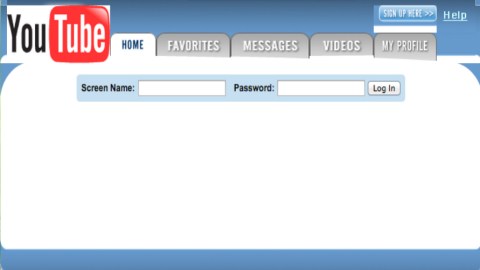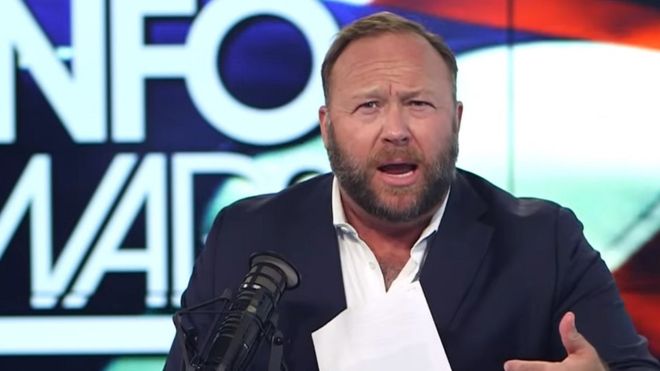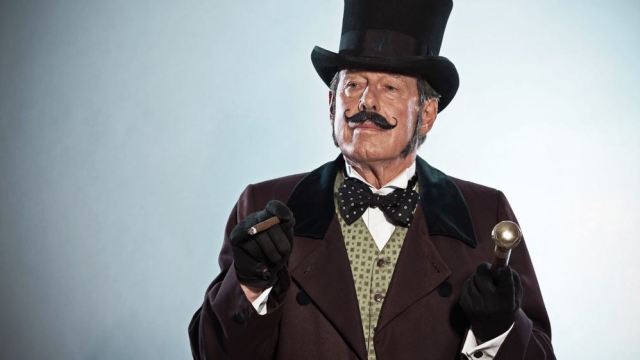YouTube Turns 10, Recreates Pop Culture, Saves LGBT Kids

You’re going to see a ton of articles about YouTube’s 10th birthday pop up around the internet this week. These articles will probably resemble this one (and this one) in many ways. Retrospectives: They’re all the rage right now, especially in the Buzzfeed/Gawker era of digital journalism in which people write (and more importantly, voraciously read) sprawling think pieces about how Rugrats defined a generation or why Hot Fuzz is a masterpiece film or why YouTube’s inception was, according to USA Today’s Brett Molina, “arguably one of the most important events in the history of the internet.”
You see the image at the top of this article? That’s what www.YouTube.com looked like on May 5, 2005. You don’t need to buzz over there now to see how much has changed since then. It’s grown into a whole other stratosphere.
Rather than wax poetic about what YouTube means to me and my generation (or whatever I would do if this were a major think piece), I’ve elected instead to embed some notable videos from the past several years featuring Big Think experts weighing in on YouTube, its influence, and what we can expect from it in the future.
The only things I’d add would be:
1. Although memes existed prior to the site, viral content flourished under the YouTube banner. Suddenly pop culture had to make room for another genre of content. That leads to point number…
2. This new genre of content was mostly user-generated. Like all great social media sites, YouTube is built upon the principles of internet populism.
Incidentally, the videos below and more like them can all be found on our YouTube page, which has long been the lifeblood of the Big Think brand. The site opened the door to all sorts of startups and new media. For that, YouTube: We salute you.
And now, the experts:
From 2010, sex columnist and political activist Dan Savage talks about the “It Gets Better Project” and how user-submitted videos offer inspiration and hope to those who would have been lost in previous eras:
Do you understand the following references?
“Don’t tase me, bro!”
“Oh no, Robert Rickroll’d me again!”
and
“Mr. Pibb and Red Vines equals crazy delicious!”
If you do, it’s because of what of novelist Jonathan Lethem calls brilliant “vernacular moments” created by YouTube users:
Former NBC executive Warren Littlefield discusses how online platforms like Netflix, Amazon, Yahoo, Facebook, and YouTube can disrupt traditional television, a topic we covered on this site not too long ago:
And finally a few links to other videos:
-Actress and model Amber Lee Ettinger, who played “Obama Girl” in a 2007 viral video, talks about how YouTube celebrities stumble into sudden fame.
-Entrepreneur Gary Vaynerchuk, in an interview from September 2009, dishes on how new media like YouTube, Facebook, and Twitter gave rise to a revolution in personal branding.
-Finally, from July 2007, tech executive Jim Barksdale discusses YouTube’s ongoing efforts to offer an effective and efficient medium for the individualization of the internet.
Read more about YouTube’s 10th birthday atUSA Today.
Image credit: The Wayback Machine





